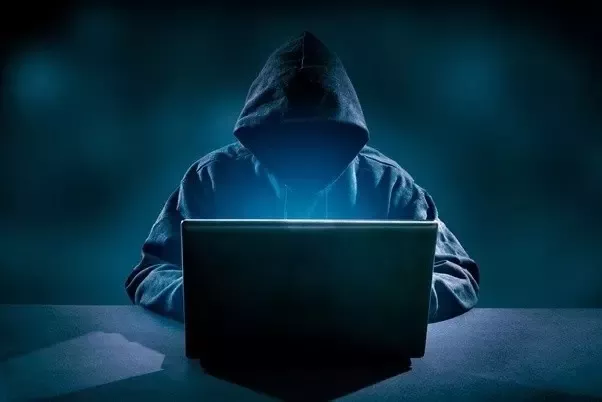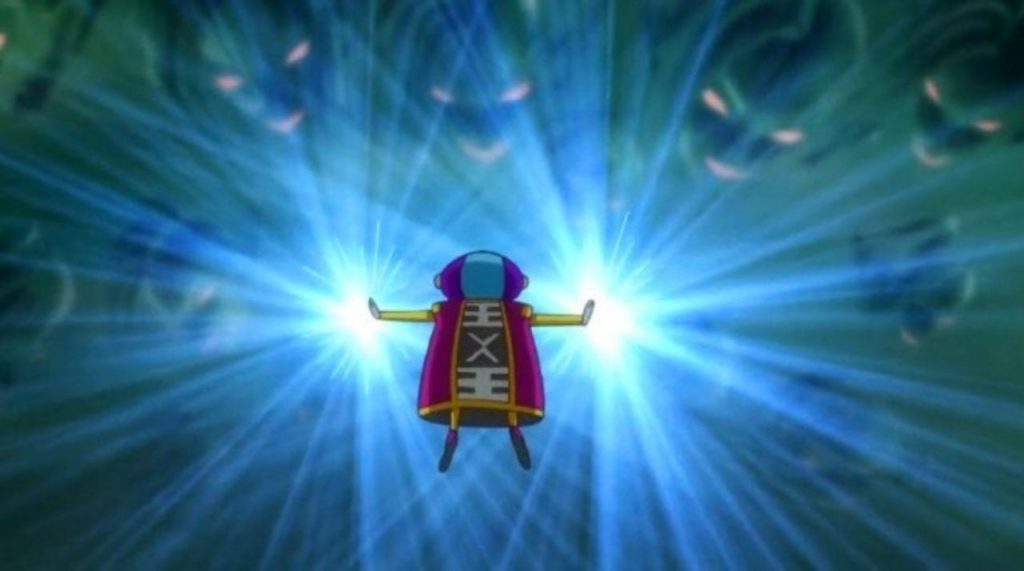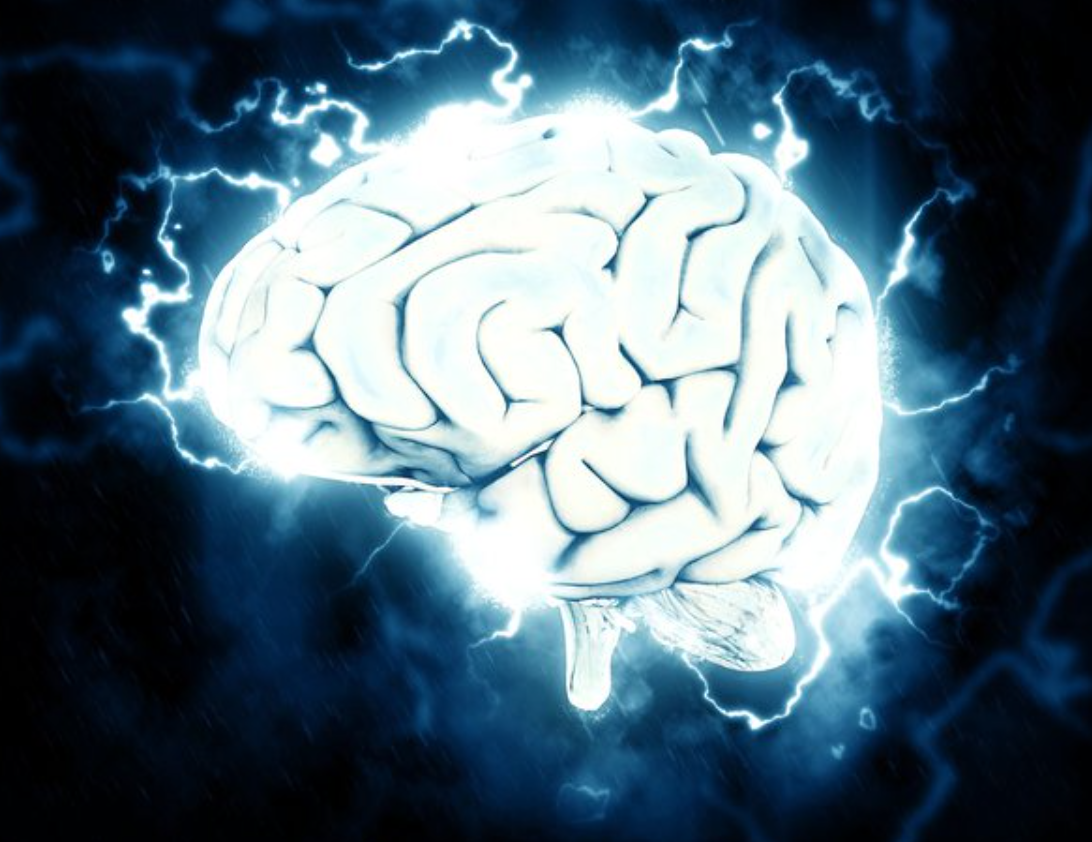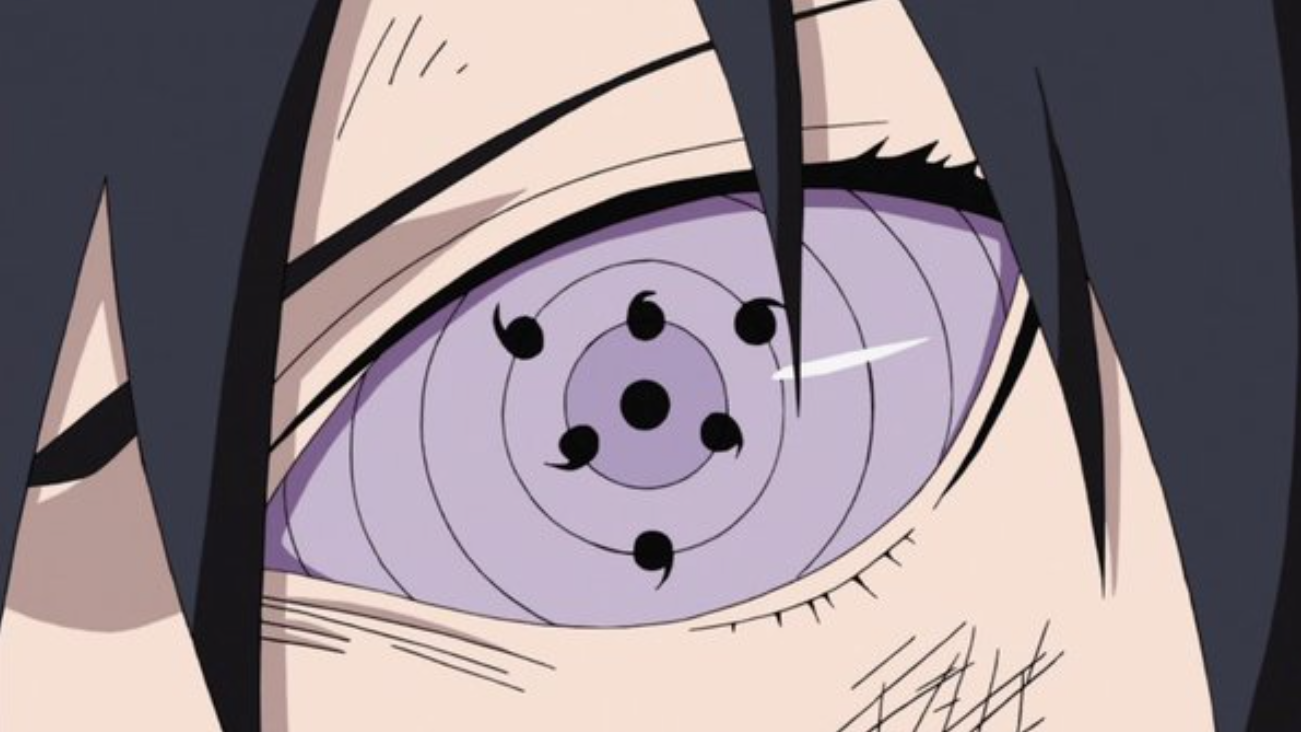Some mind blowing interesting facts about the internet
PostedAt: Sun, Jul 11, 2021 1:47 PM
Checking train times, booking restaurants, donating to friends’ fun runs – the Internet has long since moved from being a tool purely for work. It is a fact that that the Internet has completely re-shaped our lives, both at work and at home. We use the Internet every day to do so many different jobs that we can no longer imagine how we coped before it. But the technology and the story behind this now vital everyday tool is amazing. Here are 21 incredibly interesting internet facts that you probably didn’t even know.
- There is a website that makes everything okay
- The content of the web in 1993 was just 400 terabytes. It is now 1.5 zettabytes, or one-and-a-half trillion gigabytes
- Do you know what Gmail is? Or who it originally belonged to? Garfield, that fat orange cat who loves lasagne. Gmail was used by Garfield fans to talk amongst themselves and Google bought the name from Garfield.com, most likely paying with Italian delicacies
- The deep web is not to be mistaken for the dark web, a part of the internet that has some pretty effed-up stuff on it. The deep web is at least 500 times larger than the “surface Web” that consists of web pages indexed by popular search engines like Google or Yahoo. The dark web is used to sell things on the black market such as weapons, drugs and even hitman contracts
- Speaking of which, the first thing ever to be bought via the internet was a bag of marijuana in 1971
- Potatoes absorb wifi radio signals similar to the way that the human body does, meaning airlines were able to test whether or not it was a possibility with sacks of spuds as substitutes. The crew probably got hash browns with their raise, too
- Roughly 2,300,000 Gigabytes (2.3 petabytes) of data traffic has been distributed across the internet since you started reading this answer. That’s roughly the same as the estimated storage capacity of the human brain.
- From July 2005 to July 2006, Canadian blogger Kyle MacDonald bargained his way from a single paperclip to a house in a series of fourteen online trades in scarcely under a year. This incredible series of transactions included trading a movie role for a two-story farmhouse. Gordon Miller, you have a competitor!
-
- The entire Google Internet services takes about 2 Billion lines of code.
- It would take almost 1,000 years to watch every single video on Youtube.
- The “I’m feeling lucky” button on Google search costs Google about $110 Million. Because it bypasses all advertisements.
- Internet now has about 331 Million Domain names registration.

- Almost half of the world’s population are Internet users and nearly half of them are using Facebook. *crazy*
-
- There are only 13 root DNS servers across the world. These servers resolve the name of websites to actual IP addresses. So if someone can bring down these root servers, the internet might completely stop (Public dns servers might not be able to bear the load).
2. About 80% of the total emails sent are spam. Out of all spam emails, pharmacy tops with about 81%.

3. Internet was originally developed not keeping security in mind. IPv4 does not contain anything to deal with security. IPv6, the next version does but it is slow compared to IPv4.
4. Last batch of IPv4 addresses were given out in 2011. Now to get a new IP address, you need to get IPv6 address. IPv4 has a limit of 2^32 addresses whereas IPv6 has 2^128.

5. None of the encryption is unbreakable. It just takes a long time if you use a brute force method. But given enough time, they can be cracked (The required time is in hundreds or even thousands of years for modern computer).
6. There is no solution to DDOS attacks. DDOS (Distributed Denial of Service) is an attack where you send so many requests to the server that it cannot process them. That’s why it is known as Nasty attack. Following image explains DDOS in simplest terms.

7. There can only be a maximum of 70 routers(hops) between source and destination. This is done to stop flooding in the networks. If a packets has been travelling for 70 hops, it is dropped.
8. Internet packets do not always follow the shortest path between source and destination. Even political factors change the route. I guess politics is everywhere.











